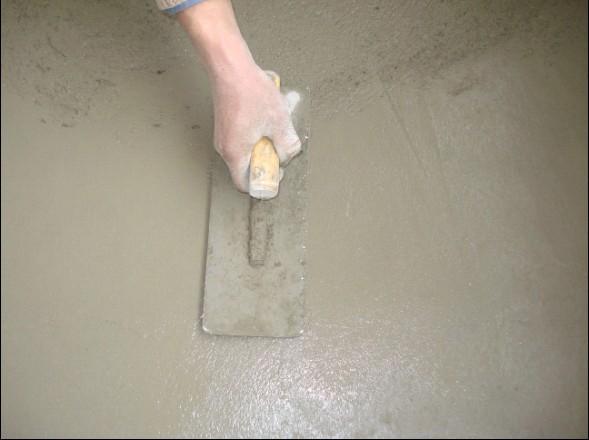The role of masonry mortar is to make block materials bonded into a whole. Generally the strength of block material is higher than that of mortar. The block materials in the mortar of low strength are usually in the state of flexural and shear stress. For the structural failure of masonry, the block material is seldom damaged by compression, but most by bending and shearing actions. The increase of mortar strength can improve the flexural-shear stress state of block material and enhance the compressive strength of masonry. Generally speaking, if the compressive strength of mortar is high, there will be strong bonding between mortar and the block material. Therefore, the increase of mortar strength can improve the shear strength of masonry. However, the increase in the strength of masonry mortar cannot absolutely improve the mechanical properties of masonry. If the strength of mortar merely is increased but the bonding between mortar and the block material cannot be increased simultaneously, then its effects are also limited. The increase of mortar strength can improve the elastic modulus of mortar, reduce the compressive deformation of the block material, and indirectly improve the stress state of block material. Therefore, the increase of mortar strength can increase the compressive strength of masonry, reduce the deformation and improve the crack resistance of masonry. If masonry mortar entrains too much air, it will reduce the elastic modulus of mortar. Under the action of the same stress, if the deformation of mortar increases, the degree of uneven loading of block material will increase, leading to enhancement in bending and shearing actions, as well as decreases in the crack resistance and compressive strength of masonry. Therefore, if the operability of mortar is improved by air entraining, its adverse effects on the strength of masonry should be taken into full consideration.

